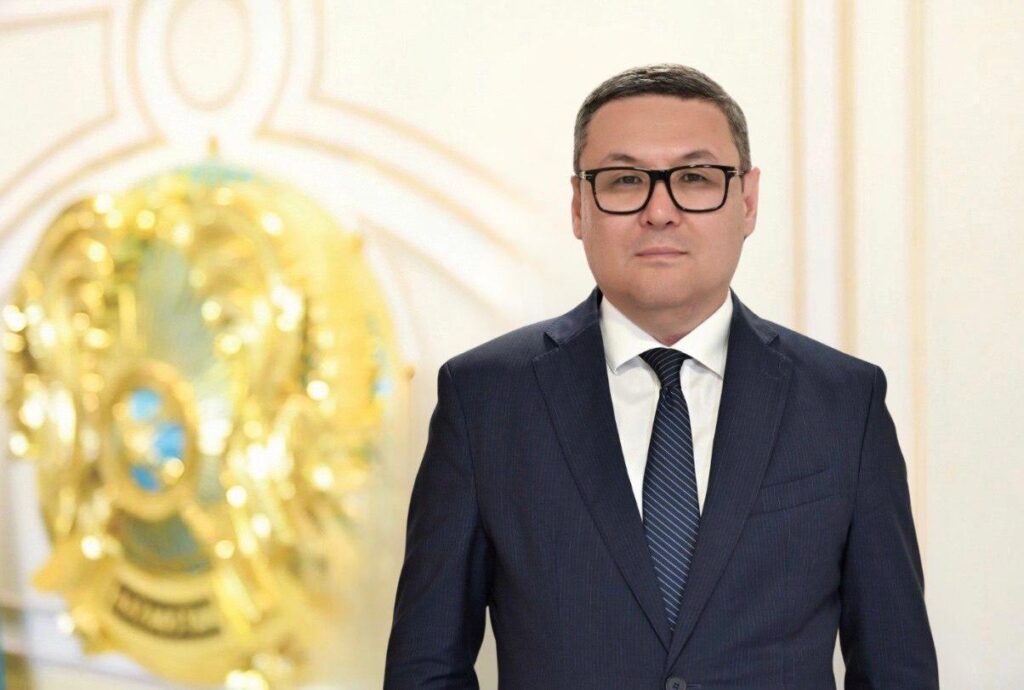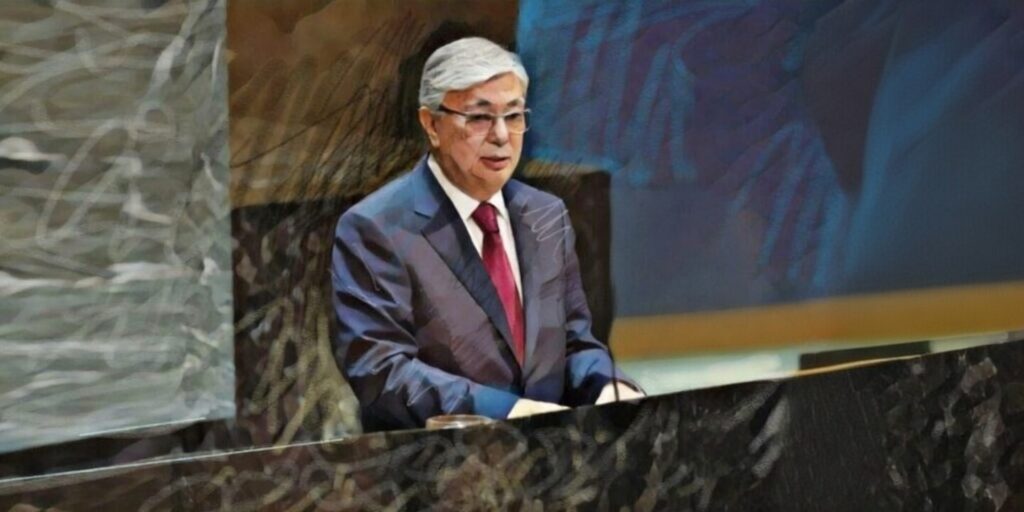Two American attorneys who represented actor Johnny Depp in his libel case against former wife Amber Heard have visited Kazakhstan’s Constitutional Court and spoken to Kazakh university students this week.
Attorneys Camille Vasquez and Benjamin Chew work for Brown Rudnick, an international law firm that has a client in Kazakhstan: the Ministry of Justice. The firm, whose primary address is in Boston, has been engaged to help the Kazakh ministry in legal processes in Britain and the United States, according to a February filing with the U.S. Department of Justice.
In recent years, Kazakh authorities have pursued an international campaign to recover assets that they say were stolen and moved abroad.
Vasquez and Chew became familiar faces for many people during the Depp vs. Heard 2022 trial, which was livestreamed and set off a fresh round of debate about celebrity culture and the MeToo movement. A jury awarded $15 million to Depp, who had accused Heard of lying when she said he had abused her, though it also awarded $2 million to Heard in a separate decision. Later, Depp agreed to receive $1 million and pledged it to charity.
Vasquez in particular became something of a celebrity herself during and after the trial. She has worked as a legal analyst for NBC News and was elevated to partner at Brown Rudnick, which had helped Depp. Chew joined the firm as a partner in 2018.
Vasquez “talked about the importance of personal brand in the court of law and in the court of public opinion” in comments at the International School of Journalism of Maqsut Narikbayev University in Astana, the Kazakh capital, the school said on Wednesday. The school, which opened last year after a presidential instruction, said the lawyer offered tips about embracing identity, creating value, how to “grow” and time management.
As the attorney spoke, images appeared on the screen behind her. One showed Depp in his “Pirates of the Caribbean” garb.
Vasquez and Chew also visited the Constitutional Court in Astana and discussed gender equality and strengthening women’s rights in the judiciary, Tengri News reported, citing the court’s press service.









